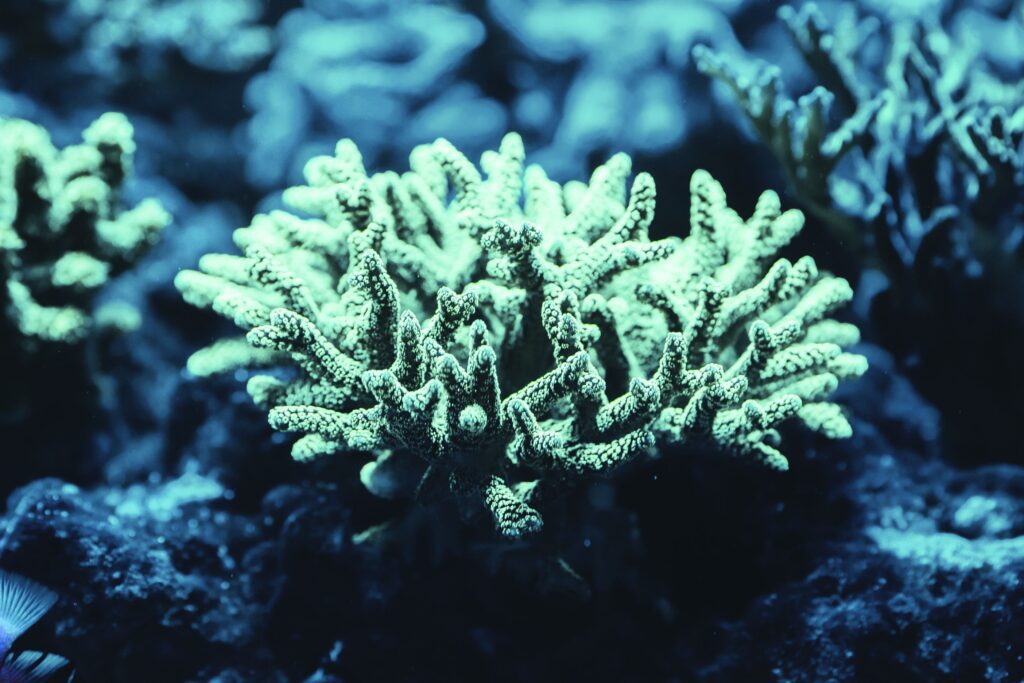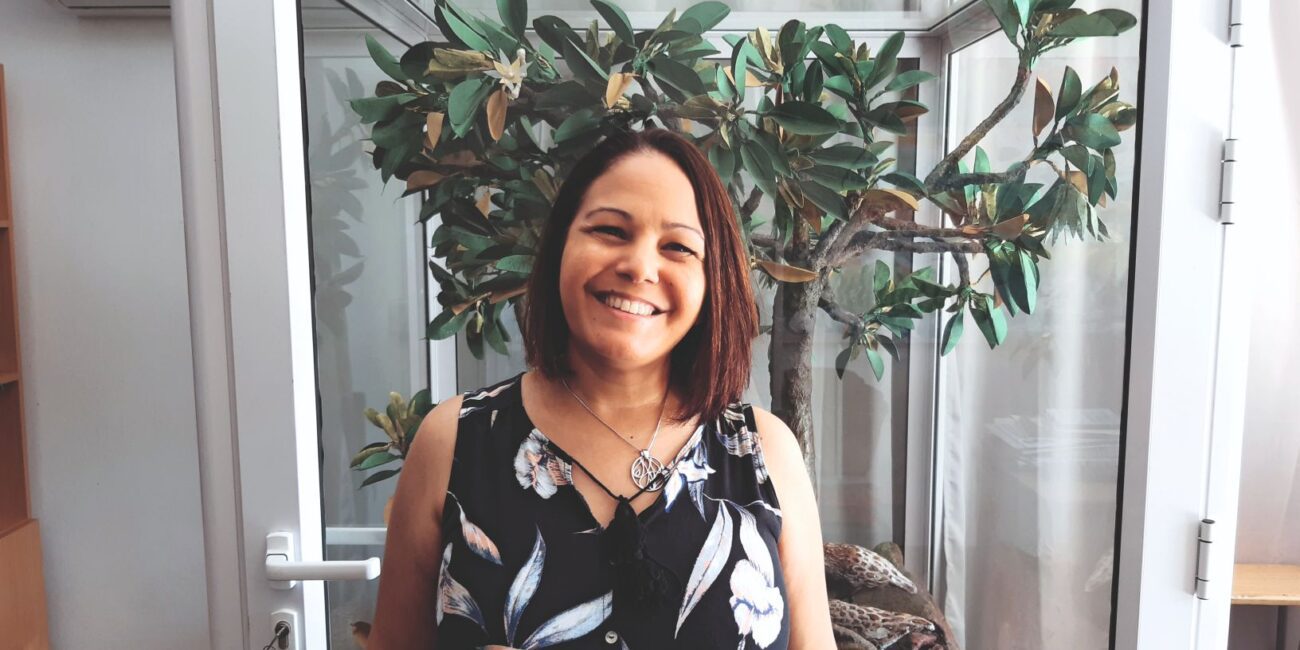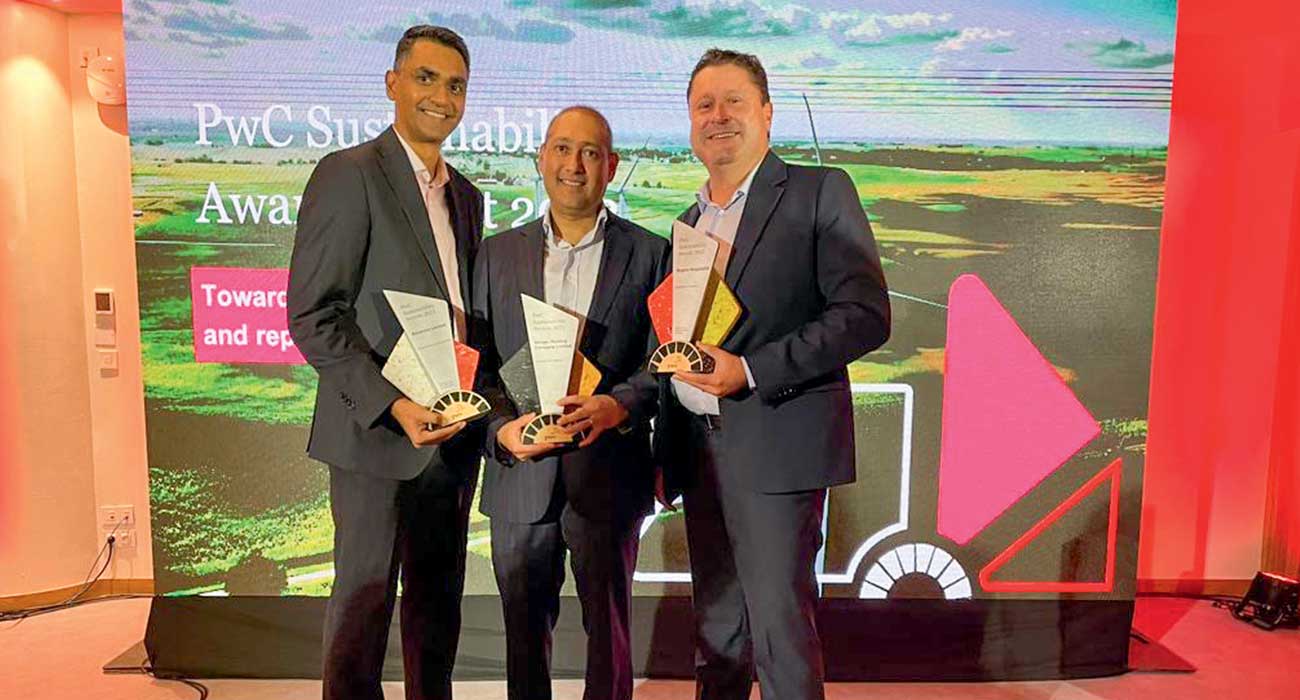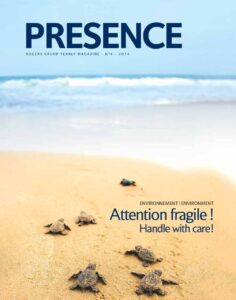It’s a fact, coastal and marine ecosystems are under increasing pressure from our actions and from a changing climate. Kathy Young, Managing Director of Reef Conservation, sets forth the ecological issues we are facing in Mauritius and how to address them.
Can you tell us about the marine and coastal ecosystems’ situation in Mauritius?
Coral cover and healthy reef areas are under threat in Mauritius and this is true for all coastal and marine habitats. Monitored backreef sites have shown over time a loss in coral cover from about 49% in 2002 to about 18% in 2010 and a continued downward trend in most sites to date. The status of other coastal and marine habitats is not fully known but are also considered to be in decline for mainland Mauritius.
What are the main threats to these habitats?
Human activities, overexploitation of resources, poor land use management as well as invasive alien species. As coastal and inland development increases, along with population growth, and rising demands from different sectors in the coastal and marine zones, the negative effects on fragmented, and already impacted, habitats can only build up. Climate change will only add to these negative effects.
How does the deterioration of these ecosystems impact us on larger levels?
These habitats are just as important as large old forests. They help remove and regulate the amount of carbon dioxide in the earth’s atmosphere. Many freshwater, marine and pelagic species, including turtles and birds, depend on these habitats for the different stages of their development. The loss or degradation of any of these habitats can disrupt these delicate balances and have negative impacts on the organisms that live in them.
Why is preserving marine and coastal ecosystems vital?
The climate change threats to Mauritius include stronger or more frequent storms which result in strong winds, storm surges, beach and coastal erosion, coastal flooding as well as damage to coastal infrastructures and homes. The ecosystem services and infrastructure services provided by coastal and marine ecosystems naturally help protect coastal communities. Therefore, protection and restoration of these habitats is not an option but a must as a measure to help mitigate the expected impacts.
What is the biggest issue at the moment?
The welfare and well-being of the Mauritian population is of utmost importance. This cannot happen without the protection and conservation of all our natural resources in a healthy and fully functional state.
How can we address this issue?
The main priority is protecting these known resources by enforcing the many laws that are in place to protect them. Secondly, it is important to record and monitor the extent and status of our coastal and marine resources and manage the main threats to them. Education and communication are also key elements
Is there a sort of deadline hanging over our heads?
The deadline was yesterday, but it is never too late to start making positive changes. For the last 10 years, we, at Reef Conservation, have been seeing a steady and encouraging change in the attitude and willingness of people from all sectors of society to support habitat and biodiversity conservation. Everyone is part of the solution, by getting involved in positive actions at all levels, by sharing reliable information and success stories and by becoming ambassadors of our environment.
Bel Ombre Lagoon Management, a project in partnership with Rogers
The objectives of this ongoing project, launched in 2017, are to reduce impacts on the lagoon ecosystems in order to increase resilience, to develop and maintain low-impact recreational opportunities, to increase information and understanding as well as to continually assess the effectiveness of management actions.





















